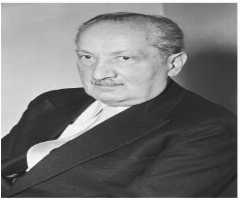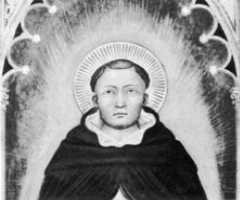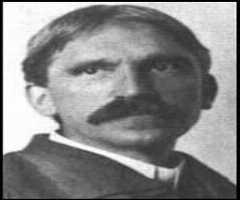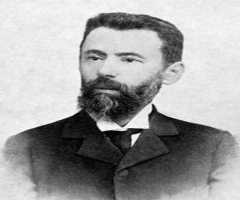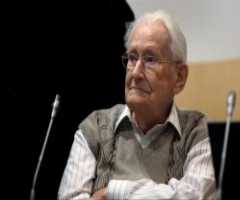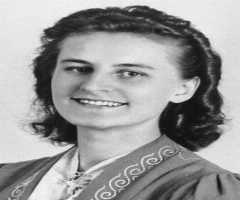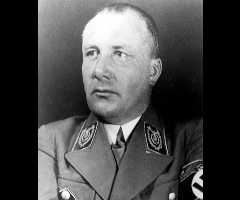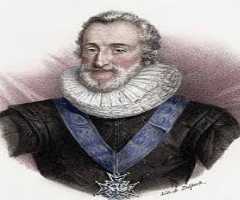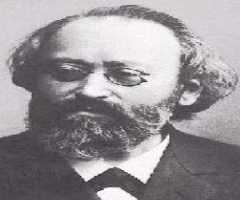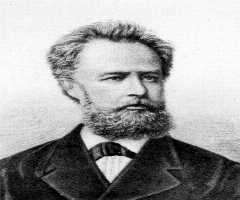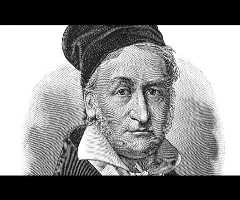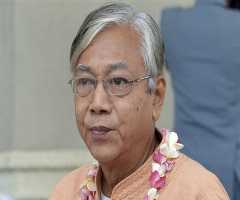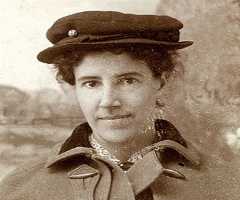Gottfried W. Leibniz Biography, Life, Interesting Facts
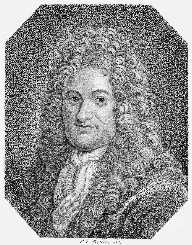
Birthday :
Died On :
Also Known For :
Birth Place :
Zodiac Sign :
Gottfried W Leibniz was a prominent German philosopher and polymath whose contributions to the field of mathematics and philosophy had forever placed him in the history of those fields. Born on July 1, 1646, Gottfried W Leibniz came independently developed his own differential, and integral calculus and his Leibniz notation have been used since its publication. Leibniz’s Law of Continuity and Transcendental Law of Homogeneity was later known in the 20th century to have some mathematical implications. Gottfried W Leibniz is one of the famous inventors in the field of mechanical calculators and added on to the automatic multiplication and division of Pascal’s calculator. Through that process, in 18685, he became the first to describe a pinwheel calculator and invented the Leibniz wheel, used in arithmometers, which became the first mass-produced mechanical calculator.
Gottfried W Leibniz worked on the binary number system that has become the basis for almost all digital computers. With his work in the field of philosophy, was an optimist, hence concluded that our Universe is been controlled and is the best God had created. Philosophers like Voltaire ridiculed this particular idea. Gottfried W Leibniz is seen as one of the greatest 17th-century advocates of rationalism along with Rene Descartes and Baruch Spinoza. Gottfried W Leibniz also made great contributions to the field of physics.
Early Life
Gottfried W Leibniz was born to Friedrich Leibniz and Catherine Schmuck on July 1, 1646, in Leipzig, Saxony. Friedrich was a Professor of Moral Philosophy at the University of Leipzig. Friedrich died when Gottfried W Leibniz was six and half years and therefore Catherine took charge of his upbringing since. When Leibniz was seven years, Gottfried W Leibniz was given access to his father’s library. Through that, the young Gottfried W Leibniz gained access to varieties of philosophical and theological works and also learned the Latin language since most of the books were written in that language. Gottfried W Leibniz enrolled at the University of Leipzig in 1661 at age 15 and graduated with a bachelor degree in Philosophy in 1662.
In June 1663, Gottfried W Leibniz defended his project, Disputatio Metaphysica de Principio Individui (Metaphysical Disputation on the Principle of Individuation). Gottfried W Leibniz received his masters in philosophy in February 1664 with his dissertation Specimen Quaestionum Philosophicarum ex Jure collectarum (An Essay of Collected Philosophical Problems of Right) being defended and published in December 1664. Gottfried W Leibniz then studied law for a year and received a bachelor in law in September 1665 with his dissertation titled De conditionibus (On Conditions). Gottfried W Leibniz then applied to earn his doctorate in law at Leipzig University and therefore enrolled at the University of Altdorf. Gottfried W Leibniz earned his Doctorate in Law in 1666 with the thesis Disputatio Inauguralis De Casibus Perplexis in Jure (Inaugural Disputation on Ambiguous Legal Cases).
Career
Gottfried W Leibniz worked as a secretary to an alchemical society in Nuremberg after his education. He later worked as an assistant to Johann Christian von Boyneburg, a former chief minister of the Elector of Mainz, Johann Philipp von Schonborn. Boyneburg later regained his position as a chief minister and introduced Leibniz to him. He was hired by the Elector to assist in redrafting the legal code for the Electorate. Gottfried W Leibniz was appointed assessor in the Court of Appeal in 1669. Gottfried W Leibniz gained a diplomatic role after his service to the Elector ended. Gottfried W Leibniz left for Paris in 1672, where he met Dutch physicist and mathematician Christiaan Huygens. Gottfried W Leibniz self-studied both subjects with Huygens serving as his mentor. He gained enough knowledge in the field of mathematics and physics that he contributed immensely to both subjects
Gottfried W Leibniz came up with his own version of the differential and integral calculus. Gottfried W Leibniz also made friends with French philosophers, Nicolas Malebranche and Antoine Arnauld. During this period, he studied works of Descartes and Pascal to brainstorm on their philosophical works. He also worked with German mathematician, Ehrenfried Walther von Tchirnhaus, who he corresponded with his entire life. In 1673, he made a trip to London for official duties on behalf of the Elector. While there, Gottfried W Leibniz demonstrated is calculating machine he had worked on since 1670 it to the Royal Society. His machine was able to perform the four basic operations being an addition, subtracting, multiplication, and division. After the demonstration, the Society made him an external member.
House Of Hanover
After the death of the Elector in 1673, Gottfried W Leibniz picked an appointment with Duke of Hanover as a counsellor in 1675 but arrived there a year later. Gottfried W Leibniz gained promotion to a Privy Counsellor of Justice in 1677 and held that position his entire life. He served as a historian, librarian and political advisor under three rulers of at the House of Brunswick. Leibniz all along continued to work on calculus and other fields of mathematics, philosophy, and physics. he started publishing most of his mathematical works between 1682 and 1692 in the Acta Eruditorum journal, which he had founded with Otto Mencke in 1682. Through the journal, Gottfried W Leibniz promoted most of his works cementing his credentials as an astute mathematician, scientist, theologian, historian, and philosopher.
Gottfried W Leibniz was accused of plagiarism his version of calculus from Newton’s original work and having backdated it. This accusation will stink Gottfried W Leibniz reputation the rest of his career. Gottfried W Leibniz lost his glory in the Kings court after Queen Anne died in 1714 and was succeeded by King George I of Great Britain.
Personal Life
Gottfried W. Leibniz was never married. He died in 1716 in Hanover. He was at the time out of favor with King George I and fellow courtier that none attended his funeral. His grave was also left unmarked for more than five decades.
